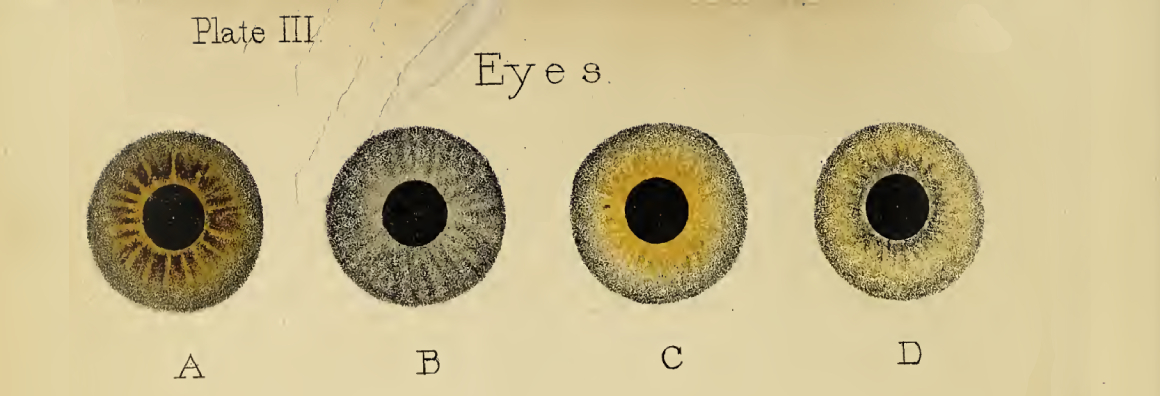
Metaanthropology. On the History of Ethnography in the 20th Century
During the 1980s, in the wake of the Writing Culture debate instigated by US social and cultural anthropology, text-theoretical approaches gained ground. Since then, reflections on the epistemological conditions of anthropological knowledge can no longer be separated from the question of ethnographic representation. However, what has so far remained widely disregarded is the great extent to which the debates surrounding ethnographic representation were influenced by historiology. It needs to be remembered that already the 19th century was marked by fierce debates concerning the significance of language and narration, in particular, which were later introduced to the anthropological debates through the reception of Hayden White’s Metahistory (1972).
This dissertation project started from this interconnection between the theory of history and ethnography before addressing its implications: Even though those involved in the Writing Culture debate drew on Hayden White and historiology, so far there has been no according systematic account of ethnographic representation in the 20th century. This project set out to outline such a systematics by drawing on the historical critique of representation, White’s theory of history, and Stephen C. Pepper’s World Hypothesis (1942). In doing so, it also showed how the work of Pepper, who has been widely forgotten today, laid the systematic basis for White’s analyses.
With regard to the current calls for a decolonization of social and cultural anthropology in the context of the Black Lives Matter movement, Standing Rock, and the on-going refugee migration from Central America, the project also explored techniques of ethnographic reversal. Following the German ethnologist Fritz Kramer, this concerns the critical reception of ethnography by indigenous actors as well as the ways in which the authors of ethnographies themselves attempt to put their knowledge in relation to the knowledge of the people subjected to their ethnography.
Fig. above: Comparison stencils for determining human eye color, Source: John George Garson, Charles Hercules Read: Notes and Queries on Anthropology. Third Edition, edited for the British Association for the Advancement of Science. London: The Anthropological Insitute 1899, 17
Publications
Andreas Lipowsky
- Metaanthropologie. Ethnografische Repräsentation und Indigene Lebenswelt im langen 20. Jahrhundert. Berlin: de Gruyter (forthcoming 2026)
Events
Andreas Lipowsky: ‘Writing against Culture’. Ethnografie als Manifesto bei Lila Abu-Lughod
Freie Universität Berlin, Habelschwerdter Allee 45, room JK 31/121, 14195 Berlin
Andreas Lipowsky: “To the ethnographer, the bow and arrow is a species”. The legacy of natural history in late Victorian anthropology
Faculty of Arts, Masaryk University, Arne Novaka 1, 60200 Brno
Andreas Lipowsky: Plunges into the lives of the natives. Hidden Continuities of a body-centric anthropology
Jagiellonian University Kraków